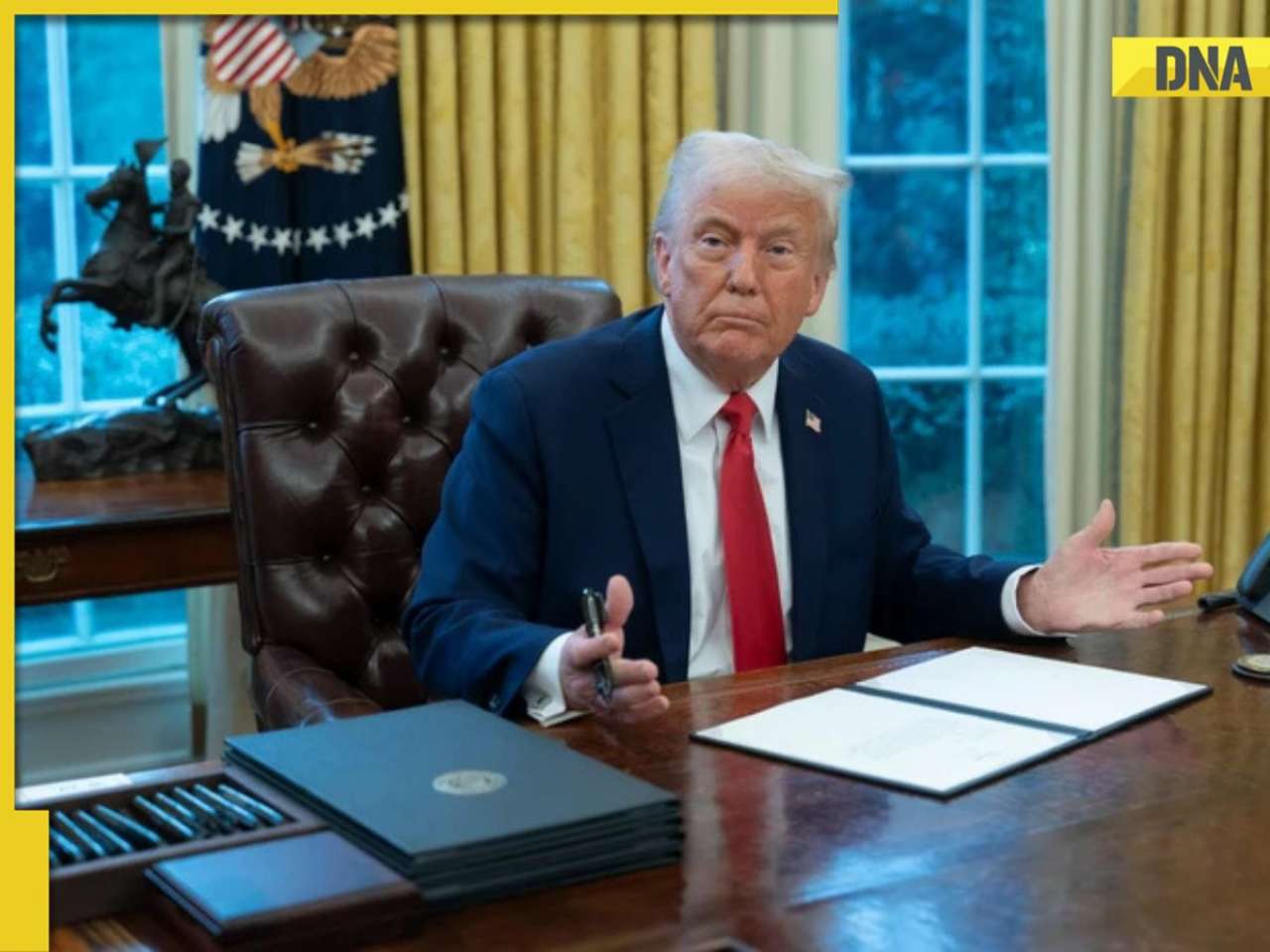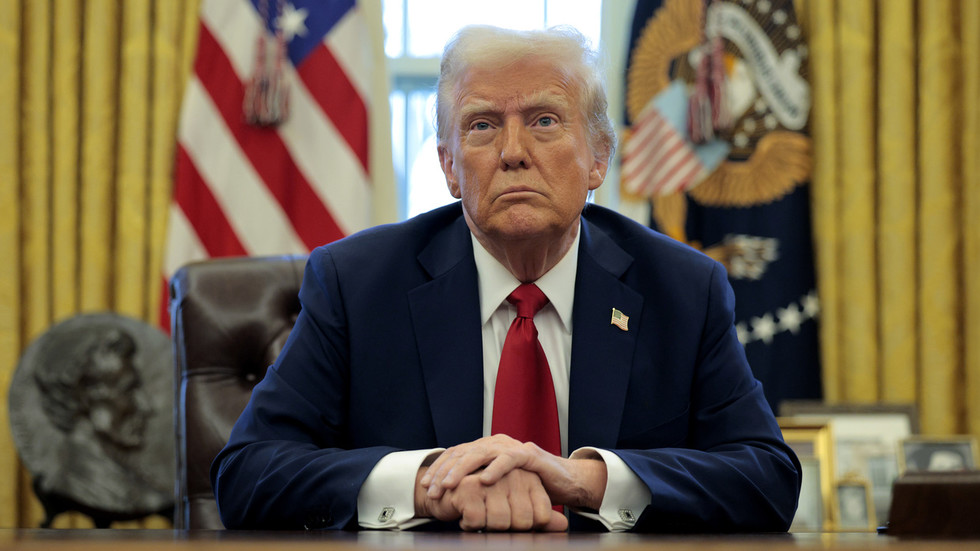Sat. PM Seeds of Wisdom Crypto Update(s) 7-19-25
In a bold escalation of trade tensions, the United States has launched a , placing particular focus on —the country’s central bank-run instant payment platform. The probe comes amid rising concerns in Washington over BRICS economic integration and the growing challenge to U.S. financial dominance.
Launched in 2020 by , has quickly become one of the world’s most successful government-backed payment systems. The platform enables , bypassing traditional card networks and allowing .
Pix has not only transformed domestic commerce but also , including , , and U.S.-based fintech firms.
U.S. Trade Representative announced the investigation Tuesday, citing concerns over:
One key flashpoint: Brazil’s in 2024, after refused to comply with censorship demands. The U.S. probe will assess whether such policies constitute .
The investigation is part of a broader geopolitical and economic conflict. On , publicly urged Brazil to end its prosecution of , calling it a “witch hunt.” Days later, he announced a , effective , and warned of the impending trade probe in a letter to .
______________________________________________________
Advertisement
______________________________________________________
Though Pix operates only within Brazil, is gaining international attention.
Services like now allow to be settled instantly into Brazilian bank accounts via Pix—effectively .
This innovation threatens to in developing economies and plays into broader .
At the heart of U.S. concerns is Brazil’s role in , the growing economic alliance with . In 2024, the bloc launched , a cross-border settlement platform aimed at bypassing Western systems like and facilitating .
Moreover, BRICS leaders recently , potentially replacing the U.S. dollar in cross-border trade among member nations.
These moves have drawn intense scrutiny from Washington, with Trump signaling a tougher stance on any country participating in what he views as a .
______________________________________________________
Advertisement
______________________________________________________
A new phase of geopolitical pressure is unfolding as the U.S. and NATO intensify sanctions aimed at the —specifically by . What appears on the surface as energy policy is increasingly being interpreted as a deeper strategic effort to undermine BRICS cooperation and .
NATO Secretary General recently issued an ultimatum calling on nations—especially —to halt purchases of Russian oil. This warning comes in tandem with a to impose on countries that continue to import Russian crude.
Rutte’s statement notably excluded , a NATO member and the , raising questions about the and their .
While oil sanctions dominate the headlines, of this policy. Western leaders appear to be using energy restrictions as a tool to:
Even as energy restrictions tighten, , revealing the . Analysts predict that a hard blockade on Russian crude would , potentially backfiring on global markets.
Despite the aggressive tone of U.S. and NATO policymakers, . This suggests investors see limited long-term enforcement or question the —especially when global demand remains strong.
At $68 per barrel, oil prices remain sensitive to disruptions, and any supply reduction could cause ripple effects, not only in BRICS nations but in Western economies too.
, reaffirming their commitment to uninterrupted bilateral trade. India has likewise continued oil purchases, resisting external pressure. Brazil, now under scrutiny from both U.S. trade officials and NATO figures, is quietly expanding internal financial networks and exploring alternative settlement systems.
This BRICS resistance signals a long-term effort to build energy resilience and decouple from Western financial levers, including the SWIFT system and U.S. dollar settlements.
A Geopolitical Playbook Beyond Energy
While oil dominates the narrative, Trump’s broader strategy seems to focus on:
These moves reflect a multi-domain approach—leveraging sanctions not just to enforce political compliance, but to reshape global economic alignments in favor of the U.S. and NATO.
Analysts warn that continued use of sanctions as a geopolitical lever may accelerate the BRICS bloc’s shift toward alternative institutions, deepening their commitment to independent trade, digital currency systems, and non-Western governance models.
@ Newshounds News™
Source: Watcher.Guru
~~~~~~~~~
Source: Dinar Recaps
______________________________________________________
If you wish to contact the author of a post, you can send us an email at [email protected] and we’ll forward your request to the author. If you have any questions about a post or the website, you may also forward your questions and concerns to the same email address.
______________________________________________________
All articles, videos, and images posted on Dinar Chronicles were submitted by readers and/or handpicked by the site itself for informational and/or entertainment purposes.
Dinar Chronicles is not a registered investment adviser, broker dealer, banker or currency dealer and as such, no information on the website should be construed as investment advice. We do not support, represent or guarantee the completeness, truthfulness, accuracy, or reliability of any content or communications posted on this site. Information posted on this site may or may not be fictitious. We do not intend to and are not providing financial, legal, tax, political or any other advice to readers of this website.
Copyright © Dinar Chronicles
You may also like...
Diddy's Legal Troubles & Racketeering Trial

Music mogul Sean 'Diddy' Combs was acquitted of sex trafficking and racketeering charges but convicted on transportation...
Thomas Partey Faces Rape & Sexual Assault Charges

Former Arsenal midfielder Thomas Partey has been formally charged with multiple counts of rape and sexual assault by UK ...
Nigeria Universities Changes Admission Policies

JAMB has clarified its admission policies, rectifying a student's status, reiterating the necessity of its Central Admis...
Ghana's Economic Reforms & Gold Sector Initiatives

Ghana is undertaking a comprehensive economic overhaul with President John Dramani Mahama's 24-Hour Economy and Accelera...
WAFCON 2024 African Women's Football Tournament

The 2024 Women's Africa Cup of Nations opened with thrilling matches, seeing Nigeria's Super Falcons secure a dominant 3...
Emergence & Dynamics of Nigeria's ADC Coalition

A new opposition coalition, led by the African Democratic Congress (ADC), is emerging to challenge President Bola Ahmed ...
Demise of Olubadan of Ibadanland
Oba Owolabi Olakulehin, the 43rd Olubadan of Ibadanland, has died at 90, concluding a life of distinguished service in t...
Death of Nigerian Goalkeeping Legend Peter Rufai

Nigerian football mourns the death of legendary Super Eagles goalkeeper Peter Rufai, who passed away at 61. Known as 'Do...




